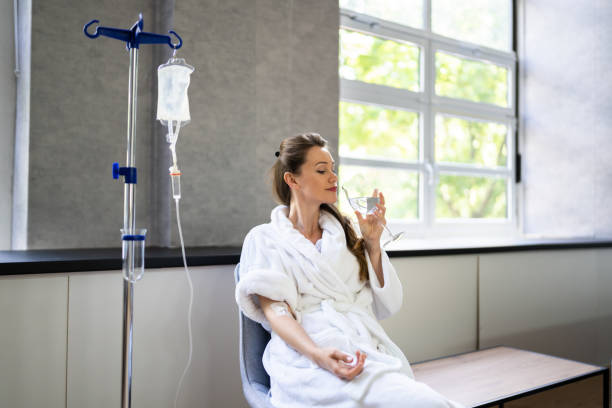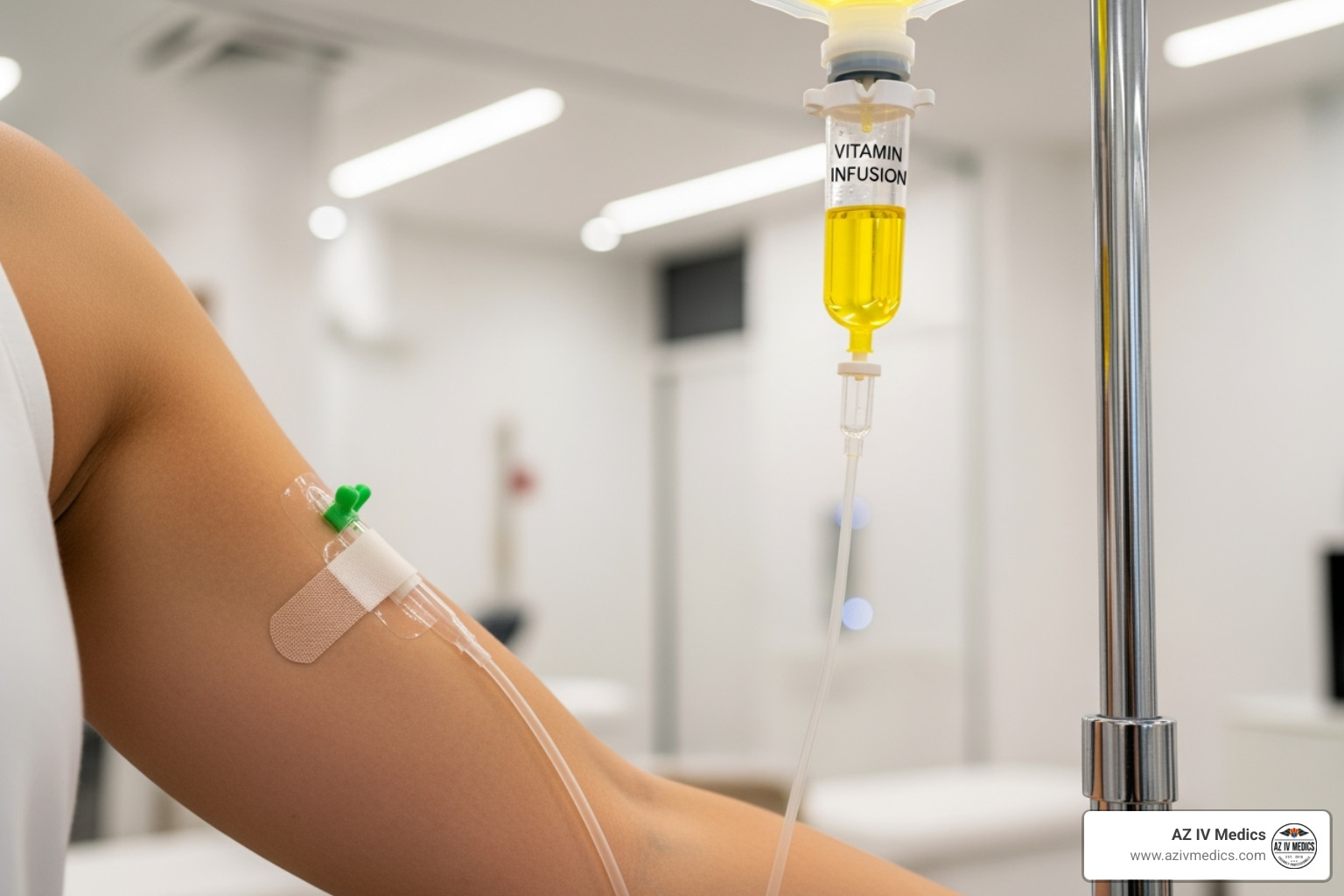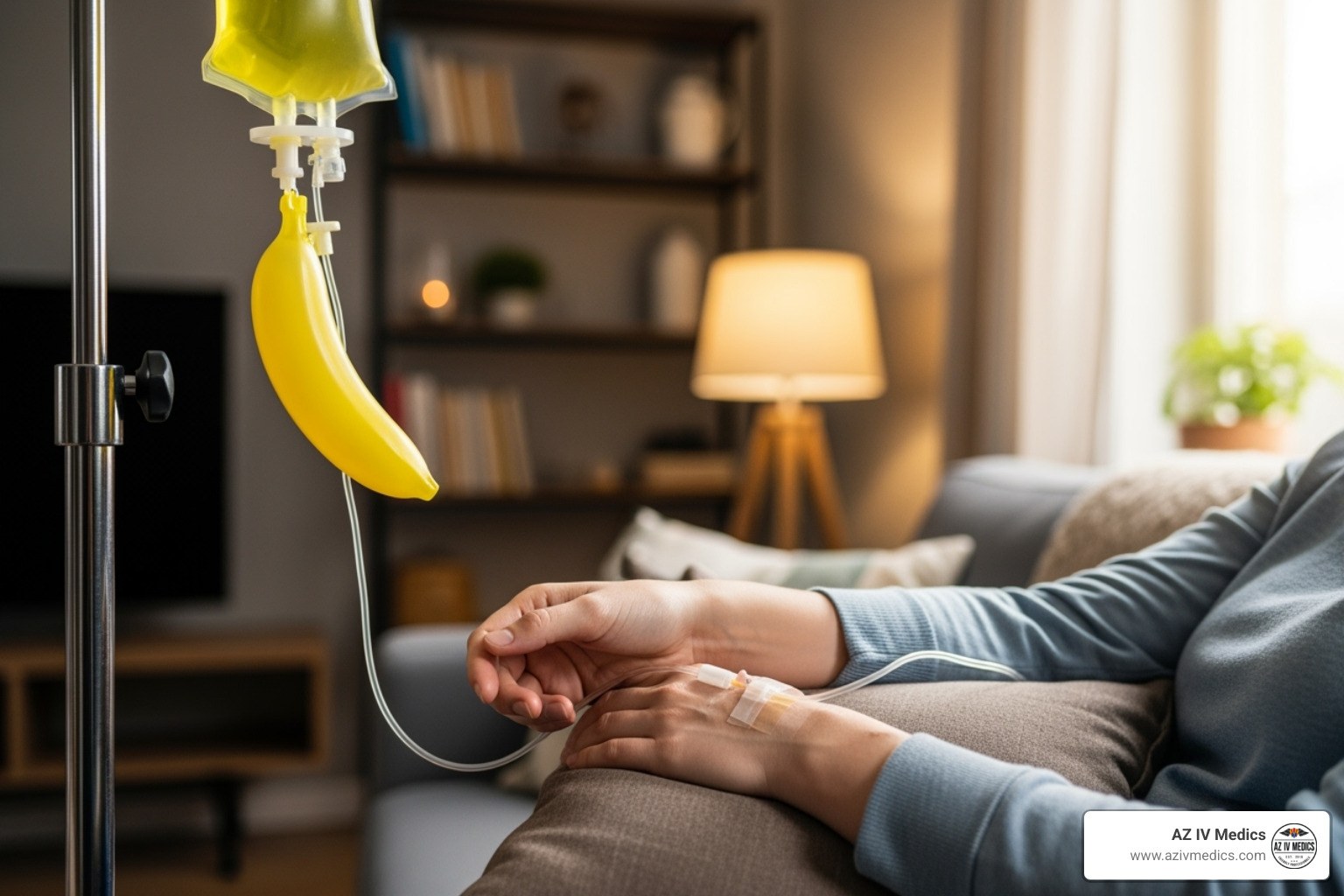Recognizing the Early Signs of Dehydration: What You Need to Know
Joseph Lopez • May 9, 2024

Hydration is essential to our well-being, yet it's easy to overlook until our body sends a distress signal. Understanding the early signs of dehydration can help prevent its progression to more severe stages, safeguarding your health in the process. Here’s what you need to know to stay on top of your hydration needs and recognize when it's time to take action.
What Is Dehydration?
Dehydration occurs when your body loses more fluids than it takes in. It can result from not drinking enough water, especially in hot weather or when you're exerting yourself physically. Certain health conditions and lifestyles can also increase your risk.
Recognizing the early signs can help you manage your hydration before it becomes a severe health issue.
Early Signs of Dehydration
The body is quite adept at signaling its need for water and electrolytes. Here are some early symptoms you might notice:
- Increased Thirst: This is your body's first signal that it needs more fluids.
- Dry Mouth and Skin: A lack of hydration often results in dryness on the inside and outside of your body.
- Reduced Urine Output: If you're not going to the bathroom as often as usual, or if your urine is dark yellow, it’s a sign you need to drink more water.
- Fatigue: Feeling unusually tired can also be a symptom of inadequate fluid intake.
- Headaches: Dehydration can cause headaches or even migraines in some individuals.
Why You Shouldn’t Ignore Dehydration
While mild dehydration can typically be reversed by drinking more fluids, ignoring these early signs can lead to more serious conditions.
Dehydration affects your body’s ability to regulate temperature, and it can cause urinary and kidney problems, such as kidney stones or urinary tract infections.
More severe dehydration can lead to dangerous conditions like heatstroke or hypovolemic shock, where low blood volume causes a drop in blood pressure and the amount of oxygen in your body.
High-Risk Groups
Certain individuals are more susceptible to dehydration:
- Children and Infants: Younger individuals have a higher turnover of water and electrolytes, especially when they are active or ill.
- Elderly: Older adults naturally have a lower volume of water in their bodies, and may not feel thirsty until they are already dehydrated.
- Athletes: Those who engage in intense physical activity, especially in hot weather, are at higher risk of dehydration.
- People with Chronic Illnesses: Conditions like diabetes or kidney disease can increase dehydration risk.
Preventing Dehydration
Prevention is always preferable to treatment. Here are some tips to help you stay hydrated:
- Drink Plenty of Fluids: Aim for 6-8 glasses of water a day, or more if you’re active or it's hot.
- Monitor Fluid Loss during Hot Weather or Illness: Increase your water intake when it's hot, or if you’re sick.
- Eat Foods High in Water: Fruits and vegetables like cucumbers, oranges, and melons can help with hydration.
- Consider IV Hydration Treatments: For rapid rehydration, especially in cases of severe dehydration or when you cannot keep fluids down, intravenous (IV) treatments can be a practical solution. IV hydration delivers fluids directly into your bloodstream, providing immediate hydration and replenishment of electrolytes.
When to Seek Help
If dehydration progresses despite taking preventive measures, it might be time to seek professional help. Here are signs that you should contact a healthcare provider:
- Persistent Fatigue or Dizziness
- Extreme Thirst that Isn’t Relieved by Drinking
- Rapid Heart Rate or Breathing
- Confusion or Fainting
At these signs, it’s important to contact healthcare services, such as AZ IV Medics at (623) 521-5034, to address the dehydration effectively. We come to you - whether you’re at home, the office, or a hotel.
Dehydration is a preventable condition that can escalate into serious health issues if not addressed. By understanding and recognizing its early signs, you can take swift action to rehydrate and protect your health. Remember, maintaining hydration is key to your body’s overall function and well-being. Stay hydrated, stay healthy, and don’t hesitate to seek professional help when necessary.
FAQ
When do you know you need an IV for dehydration?
You might need an IV for dehydration if you are experiencing severe symptoms like persistent dizziness, confusion, or if you can't keep fluids down due to nausea or vomiting. IV hydration can be especially crucial when symptoms are intense or rapid hydration is necessary.
What 5 things should you look for to identify dehydration?
To identify dehydration, look for these five signs: increased thirst, dry mouth and lips, decreased urine output or dark yellow urine, fatigue or dizziness, and headaches. These symptoms suggest that your body needs more fluids.
Can IV therapy help with dehydration?
Yes, IV therapy can be very effective in treating dehydration. It delivers fluids and electrolytes directly into your bloodstream, providing a quicker recovery than drinking water. It's particularly useful in severe cases where rapid hydration is needed.
What is an early indicator of dehydration?
An early indicator of dehydration is usually an increased sense of thirst. This natural response is your body's way of prompting you to increase fluid intake. Other early signs can include a slight dryness of the mouth or feeling more tired than usual.




